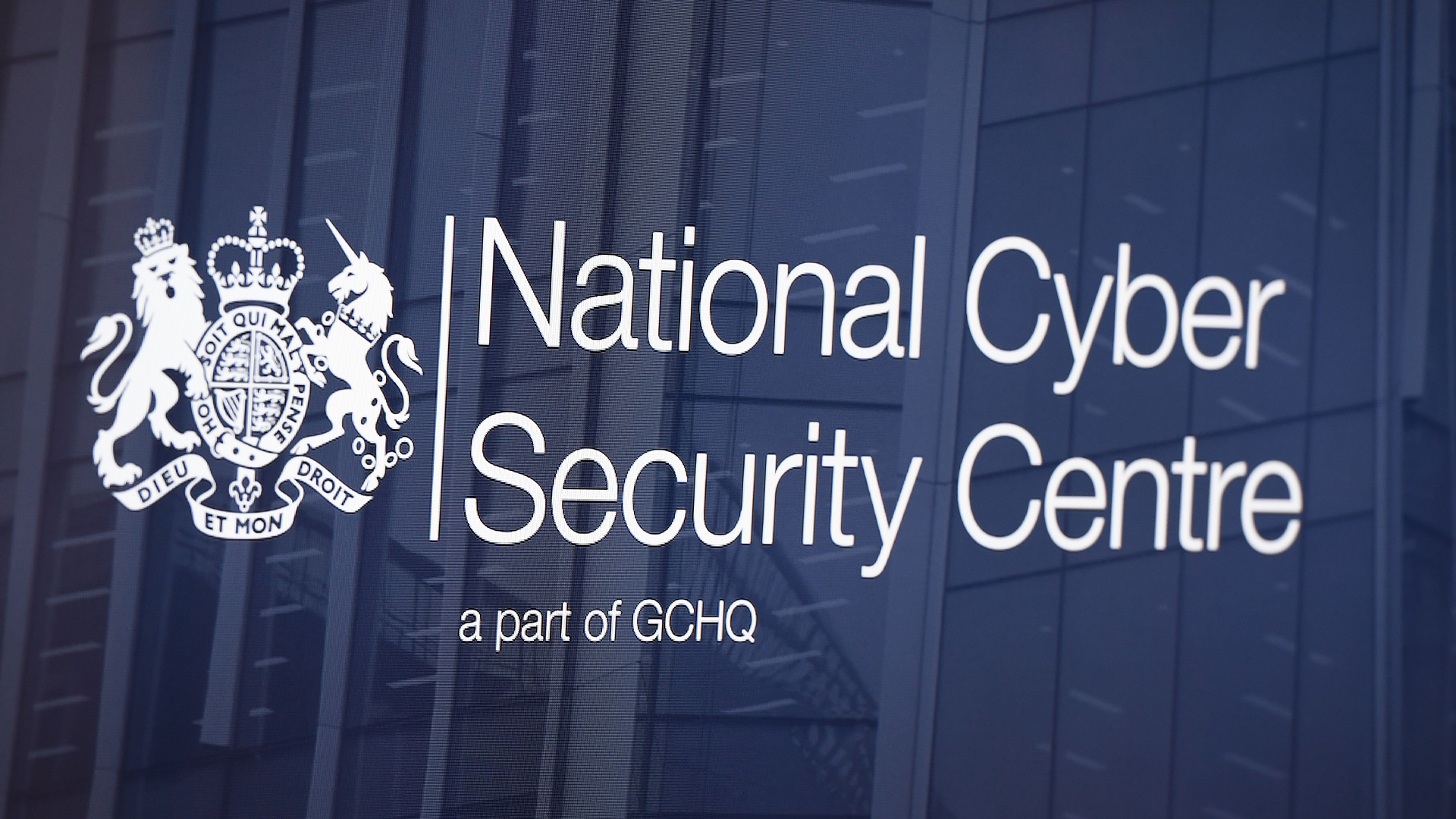Enterprises can’t keep a lid on surging cyber incident costs
With increasing threats and continuing skills shortages, AI tools are becoming a necessity for some


Cybersecurity incidents cost organizations an average of £2.7 million over the past year, with budgets failing to keep pace with increasing threats and skills shortages.
Red Canary's new Security Operations Trends Report found 80% of security leaders are spending more than ever on security – but that breaches and threats keep growing.
The attack surface has widened by 41% in the past 12 months, while 73% of security leaders say the time from detecting an attack to resolution has increased.
Meanwhile, organizations are hampered by a lack of skills, with 75% saying they have skills shortages around intrusion detection and 72% around incident response.
Security operations center (SOC) teams are struggling with the challenges of securing cloud environments, identities, and AI technologies amid evolving threats, amplifying the risk and business impact of cyber attacks.
And the cost is high, with security leaders estimating that, on average, cyber incidents cost their organization $3.7 million over the last year. Nearly half (46%) said they had suffered from an outage or disruption to their services as a consequence of attacks.
As a result, Red Canary said enterprises are turning to AI, with the top use cases in security operations today being detection analytics at 65%, intrusion detection at 59%, and SIEM management at 54%.
Sign up today and you will receive a free copy of our Future Focus 2025 report - the leading guidance on AI, cybersecurity and other IT challenges as per 700+ senior executives
However, 75% of security leaders said they worry that while AI helps security teams work faster, it could ultimately reduce their ability to solve problems independently.
"CISOs, like their peers in lines of business, know they need to augment their teams with AI and automation, but finding security products and services that deliver actual value is hard amidst all the hype and empty marketing,” said Brian Beyer, co-founder of Red Canary.
“They need to go all in on expert-supervised AI agents that support security analysts in threat detection, investigation, and response, with the focus on proven solutions powered by LLMs trained on real-world data to deliver unmatched speed and accuracy – not just the latest shiny tool or a legacy vendor repackaging itself as AI.”
Security leaders see AI as a necessity – in fact, 85% say the real risk is being overwhelmed by the thousand missed threats that will get through if they don't automate more.
“AI is already transforming how security teams operate. SOC teams are under immense pressure, and AI is giving security analysts the ability to cut through noise and respond to threats faster," said Beyer.
"AI works best as a force multiplier, augmenting human judgment rather than replacing it. The organizations that lean into this shift now will not only ease the strain on security analysts but put themselves in the best position to anticipate emerging threats and stay ahead of disruption in an increasingly unpredictable environment.”
Make sure to follow ITPro on Google News to keep tabs on all our latest news, analysis, and reviews.
MORE FROM ITPRO
Emma Woollacott is a freelance journalist writing for publications including the BBC, Private Eye, Forbes, Raconteur and specialist technology titles.
-
 Microsoft unveils Maia 200 accelerator, claiming better performance per dollar than Amazon and Google
Microsoft unveils Maia 200 accelerator, claiming better performance per dollar than Amazon and GoogleNews The launch of Microsoft’s second-generation silicon solidifies its mission to scale AI workloads and directly control more of its infrastructure
-
 Infosys expands Swiss footprint with new Zurich office
Infosys expands Swiss footprint with new Zurich officeNews The firm has relocated its Swiss headquarters to support partners delivering AI-led digital transformation
-
 90% of companies are woefully unprepared for quantum security threats – analysts say they need to get a move on
90% of companies are woefully unprepared for quantum security threats – analysts say they need to get a move onNews Quantum security threats are coming, but a Bain & Company survey shows systems aren't yet in place to prevent widespread chaos
-
 LastPass issues alert as customers targeted in new phishing campaign
LastPass issues alert as customers targeted in new phishing campaignNews LastPass has urged customers to be on the alert for phishing emails amidst an ongoing scam campaign that encourages users to backup vaults.
-
 NCSC names and shames pro-Russia hacktivist group amid escalating DDoS attacks on UK public services
NCSC names and shames pro-Russia hacktivist group amid escalating DDoS attacks on UK public servicesNews Russia-linked hacktivists are increasingly trying to cause chaos for UK organizations
-
 An AWS CodeBuild vulnerability could’ve caused supply chain chaos – luckily a fix was applied before disaster struck
An AWS CodeBuild vulnerability could’ve caused supply chain chaos – luckily a fix was applied before disaster struckNews A single misconfiguration could have allowed attackers to inject malicious code to launch a platform-wide compromise
-
 There’s a dangerous new ransomware variant on the block – and cyber experts warn it’s flying under the radar
There’s a dangerous new ransomware variant on the block – and cyber experts warn it’s flying under the radarNews The new DeadLock ransomware family is taking off in the wild, researchers warn
-
 Supply chain and AI security in the spotlight for cyber leaders in 2026
Supply chain and AI security in the spotlight for cyber leaders in 2026News Organizations are sharpening their focus on supply chain security and shoring up AI systems
-
 Veeam patches Backup & Replication vulnerabilities, urges users to update
Veeam patches Backup & Replication vulnerabilities, urges users to updateNews The vulnerabilities affect Veeam Backup & Replication 13.0.1.180 and all earlier version 13 builds – but not previous versions.
-
 NHS supplier DXS International confirms cyber attack – here’s what we know so far
NHS supplier DXS International confirms cyber attack – here’s what we know so farNews The NHS supplier says front-line clinical services are unaffected
